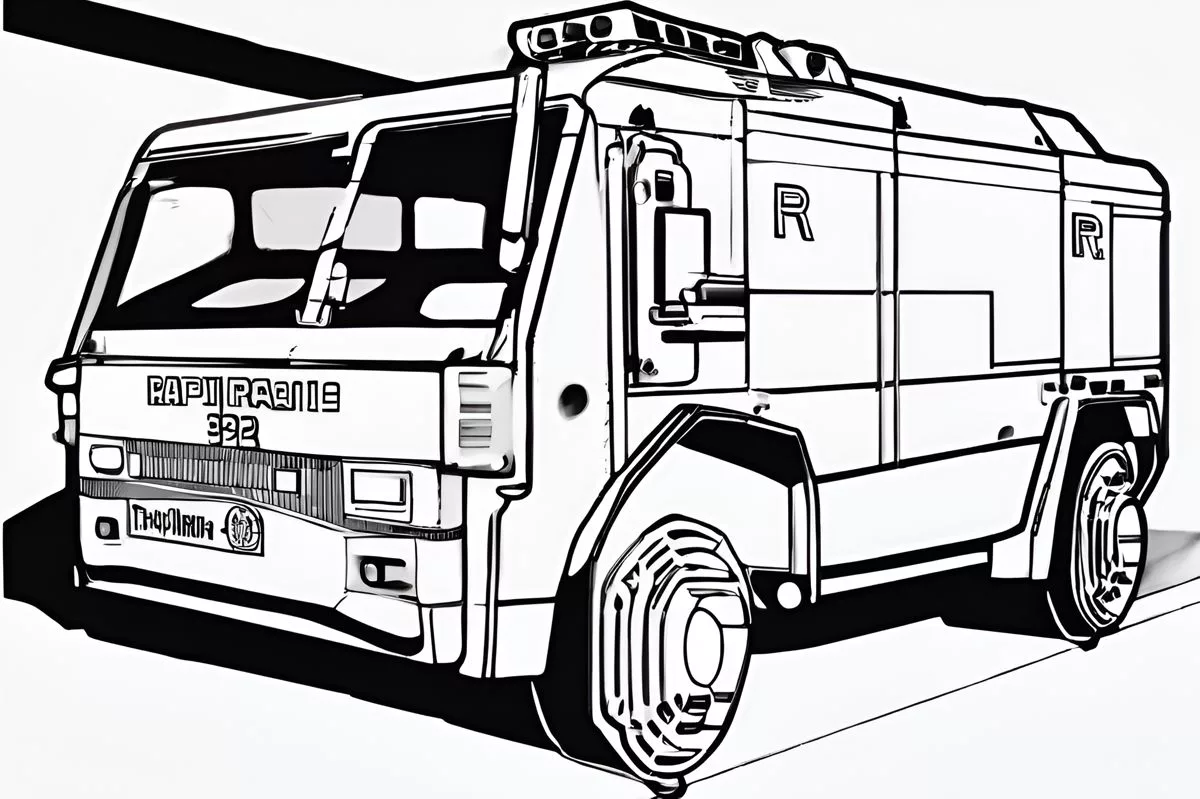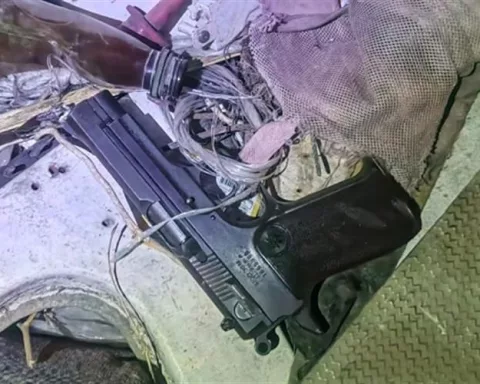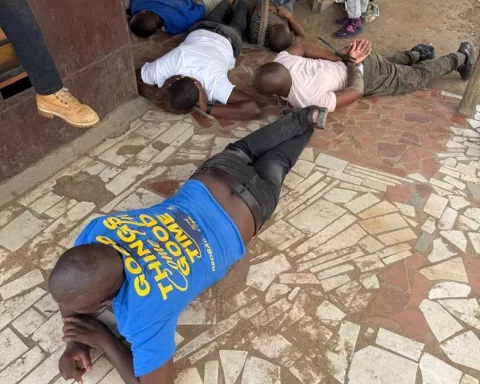In Pretoria Central, the Gauteng police quickly captured a suspect in the homicide of a Meter Taxi Association chair. The suspect allegedly began shooting at the police before being arrested for murder and possession of an unlicensed firearm. The event sheds light on the persistent issue of violence in the South African taxi industry and the effectiveness of the Rapid Rail Police Unit’s speedy response. The police are investigating potential connections to other crimes related to taxi violence.
Prompt justice was served in Pretoria Central as the Gauteng police captured a suspect in the homicide of a Meter Taxi Association chair. The Rapid Rail Police Unit responded quickly to a gunshot at the Pretoria Railway Station, arresting a man in his thirties who allegedly began shooting at the police. The suspect faces charges of murder and possession of an unlicensed firearm and is being investigated for potential connections to other crimes related to taxi violence.
Section 1: Swift Justice Amidst Urban Chaos
In the lively epicentre of Pretoria Central, a narrative of prompt justice unfolded against the backdrop of the city’s ceaseless beat. The Gauteng police, with an outstanding display of swift action, nabbed a purported killer just moments after a prominent shooting incident occurred. The victim was the chair of a Meter Taxi Association, a leading figure in the local taxi sector. The event serves as a stark reminder of the persistent challenges the South African taxi industry confronts, particularly the rising tide of violence.
On that eventful Tuesday evening, as life pulsated through the arteries of Pretoria Central, a gunshot shattered the city’s calmness. At the Pretoria Railway Station, members of the Rapid Rail Police Unit were in the midst of their regular rounds. The gunshot, piercing the city’s hum, spurred the officers into immediate action. The suspect, a man in his thirties, was captured in the core of Pretoria’s Central Business District (CBD), only a short distance from the crime scene.
Section 2: Arresting the Suspect
The law enforcement officers spotted a man sprinting towards the CBD, a firearm threateningly apparent. Despite calls to stop, the accused allegedly began shooting at the police. The officers responded, injuring the suspect before he could cause more harm. Following his arrest, the police retrieved ammunition and the firearm, suspected to be the murder weapon.
As the officers seized the suspect, a heartbreaking scenario was unfolding at the crime scene. The victim held the position of chairperson of a Meter Taxi Association, a role of authority within the taxi sector. This fact, coupled with the suspect’s roots tracing back to Inanda in KwaZulu-Natal, adds a grave element to the story. It prompts questions about the broader motives and implications of the crime, especially in relation to the persistent taxi violence in South Africa.
Section 3: The Aftermath and Investigation
The accused, now under police supervision in a hospital, faces charges of murder and possession of an unlicensed firearm. Once recovered, he will make a court appearance in front of the Pretoria Magistrate. However, the case will not conclude with his arrest. The police are probing potential connections to other crimes, particularly those related to taxi violence.
This event offers a peek into the violence that is wreaking havoc on South Africa’s taxi industry. It also highlights the effectiveness of the Rapid Rail Police Unit’s speedy response. Their swift intervention leads not only to the seizure of a suspect but could also provide a deeper insight into the underlying factors driving taxi-related violence.
Section 4: The Broader Implications
This narrative mirrors the harsh realities of urban life and the unyielding pursuit of justice by the police. It bears witness to the efficiency and determination of the Rapid Rail Police Unit in Gauteng. Additionally, it is a narrative that resonates with the struggles of the taxi industry, reminding us of the pressing matters that must be addressed for the sake of public safety and peace.
In Pretoria Central’s heart, a story unfolded, a narrative of a swift response and the pursuit of justice, a story that serves as a grim reminder of wider societal problems. Despite the challenges they face, the unwavering dedication of the Gauteng police to uphold law and order shines through in their relentless work.
1. What happened in Pretoria Central?
The Gauteng police captured a suspect in the homicide of a Meter Taxi Association chair in Pretoria Central.
2. What charges does the suspect face?
The suspect faces charges of murder and possession of an unlicensed firearm.
3. Who responded to the incident and how did they arrest the suspect?
The Rapid Rail Police Unit responded to a gunshot at the Pretoria Railway Station and arrested the suspect, who allegedly began shooting at the police.
4. What is the significance of the incident within the broader context of taxi-related violence in South Africa?
The incident sheds light on the persistent issue of violence in the South African taxi industry and highlights the effectiveness of the Rapid Rail Police Unit’s speedy response. The police are investigating potential connections to other crimes related to taxi violence.
5. What are the broader societal problems highlighted by the incident?
The incident serves as a stark reminder of the challenges faced by the South African taxi industry, particularly the rising tide of violence. It also highlights the importance of public safety and peace.
6. What is the role of the Gauteng police in upholding law and order?
The Gauteng police display an unwavering dedication to upholding law and order, as evidenced by their relentless work in capturing suspects and investigating crimes.












